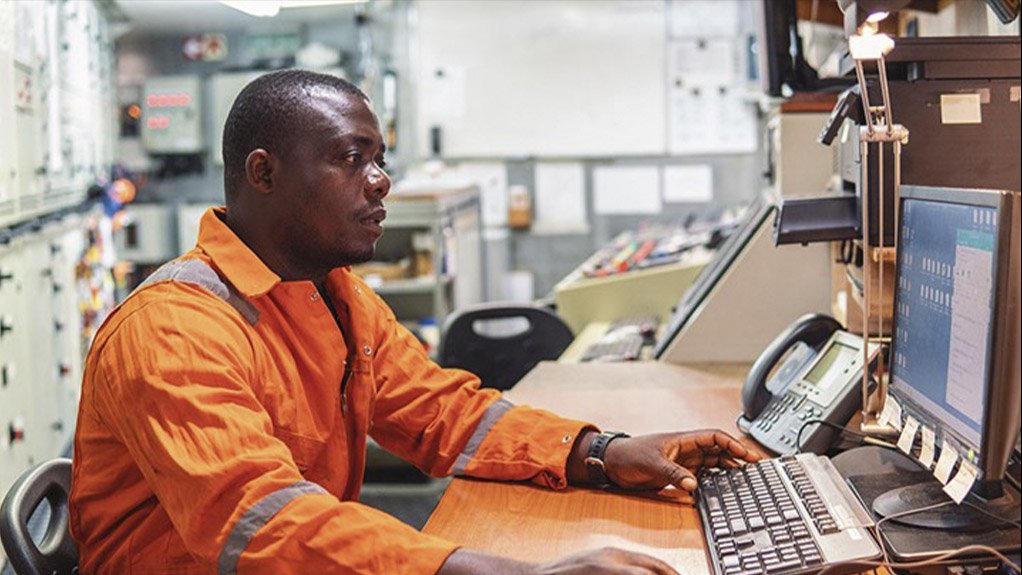
+27 11 463 5073
Suite 109 Bryan Park Offices 46 Grosvenor Rd Bryanston 2153

IntelliPERMIT electronic permit-to-work
Operators of industrial facilities are accountable to their stakeholders to ensure that they operate responsibly. Shareholders, employees, contractors, the public, local communities and government all have a vested interest in well run operations.
Operators also have a duty of care to ensure that all work takes place safely. Although every effort should be made to ensure accidents are avoided, when they do occur, they impact directly on people’s lives. Apart from physical pain and emotional trauma, lost work hours have a tremendous knock-on effect on communities and their perception towards the company. The consequence of non-compliance could include litigation, personal liability and reputational damage, which can be irreparable. The financial losses from an accident can be significant, too, resulting in consequences like plant shut-downs, lost production, lost motivation, lost productivity, repairs to equipment, clean-up of the environment, increased insurance costs and so on.
For the past two decades, companies in the Mining, Oil & Gas and Utilities sectors across South Africa, Australia and UAE have vastly improved their safety standards and minimised the risk of accidents and fatalities by implementing Electronic Permits-To-Work systems like IntelliPERMIT, adding immense value in terms of the human risk factor, as well as business value enhancement.
Management of safety starts with a belief that all accidents can be avoided. Safety is a significant component of overall operational risk. Safety performance is therefore built into the key performance indicators (KPI’s) of senior management and employees.
Because safety and culture are so closely related, senior management must be deeply involved in promoting safety in the workplace. Safety is not negotiable; it must be entrenched in the culture of the business and the way people set about their work. Operational safety is therefore not solely the responsibility of the CEO, but of everyone in the organisation.
While many operators have risk management systems that include documented procedures, training programs, regular auditing and corrective actions, these systems are often reactive at best and have limited ability to proactively prevent accidents and influence people’s behaviour in an effective and sustainable way.
An increasing number of operators are recognising the important role that technology can play in nurturing the right disciplines around safety. In line with increased digitisation of manufacturing processes, the industrial Internet of Things, mobile devices and so on, technology solutions that support improved safety are becoming mainstream.
Organisations are realising significant benefits from investing in Operational Risk Management technologies, such as IntelliPERMIT™. These range from enormous financial gains derived from reduced contractor waiting times; improved morale and productivity; a better sense of trust; total visibility of people and equipment in hazardous areas; significantly reduced audit times and fraud elimination, among others.
As opposed to paper-based systems, IntelliPermit tightly controls:
- Isolations like kinetic energy, hot work and confined spaces
- Checks time-frame overruns and worker fatigue
- Manages competencies and permit types
- Job risk assessments
- Prevents cover-ups and incorrectly written logs due to human error.
A key element in the use of a safe permit system, is that it needs to be easy to use across as many education levels as possible so that a very high level of compliance is achieved, especially in the typical industrial workplace. IntelliPERMIT’s patented rules engine does just that, intuitively guiding the user from step to step, communicating relevant information without burdening them with unnecessary detail.
IntelliPERMIT™ has been proven over two decades to help improve safety in dangerous environments by improving control of day-to-day safety processes, and our clients have paid for the solution just by the savings gained on reduced contactor waiting time.
Rifle-Shot Performance Holdings
Click here for the YouTube link




